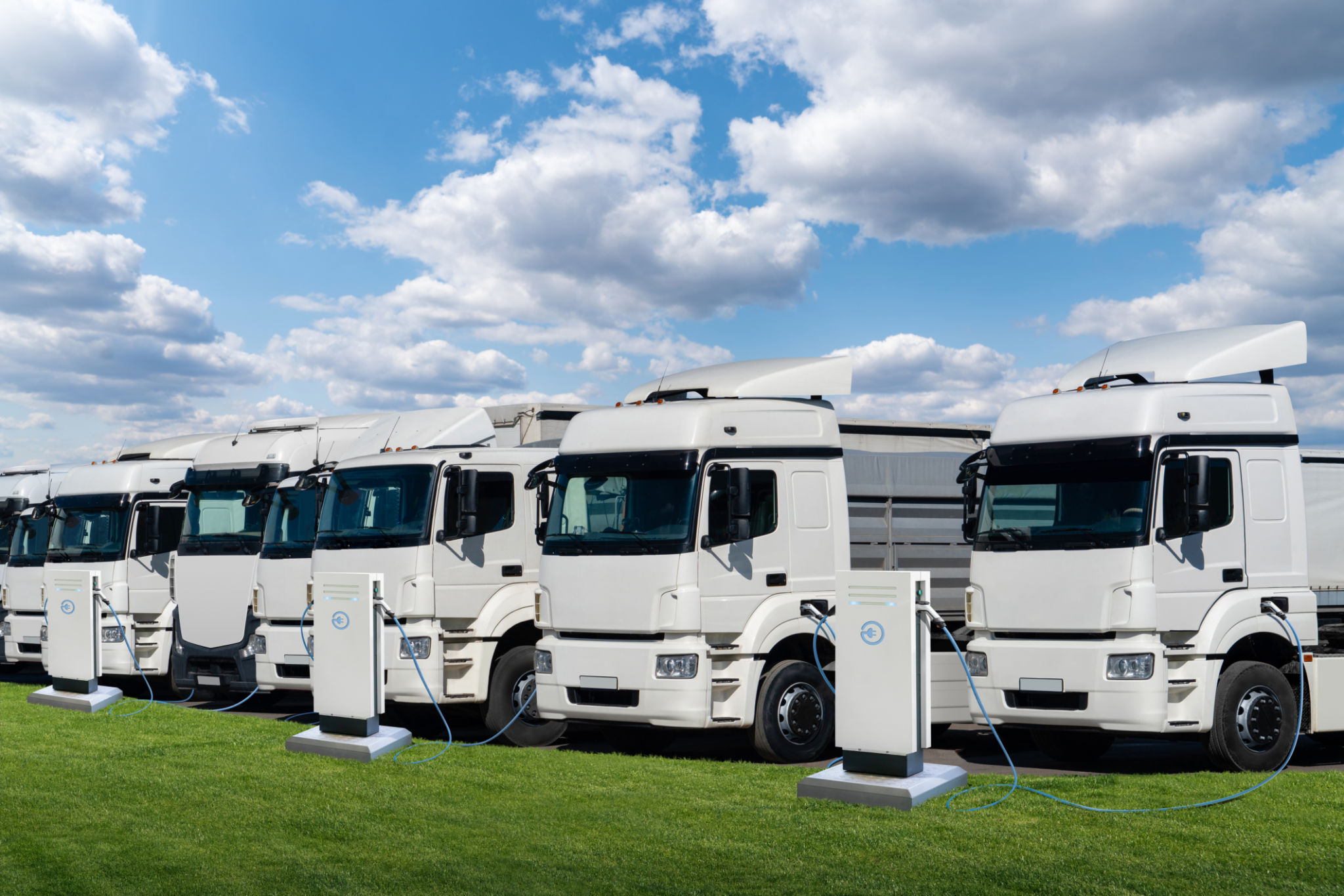The Impact of California's Environmental Regulations on Trucking Operations
Understanding California's Environmental Regulations
California is known for its stringent environmental regulations, which have a significant impact on various industries, particularly trucking operations. These regulations are designed to reduce air pollution and promote sustainability, but they pose both challenges and opportunities for trucking companies. Understanding these regulations is crucial for any business that operates within or transports goods through the state.

Emission Standards and Their Implications
One of the key aspects of California's environmental regulations is the strict emission standards enforced by the California Air Resources Board (CARB). These standards require trucking companies to use cleaner, more efficient vehicles. This means investing in newer trucks or retrofitting existing ones, which can be costly. However, these efforts contribute to a significant reduction in harmful emissions, improving air quality across the state.
Trucking companies must comply with CARB's Truck and Bus Regulation, which mandates that older trucks be phased out or upgraded to meet current emission standards. Non-compliance can result in hefty fines and restricted access to California's roadways, making adherence a priority for operational success.
Economic Impact on Trucking Operations
The financial implications of meeting California's environmental standards can be substantial. Trucking companies often face increased operational costs due to the need for vehicle upgrades and potential disruptions caused by compliance checks. However, these regulations also present opportunities for growth. Companies that invest in green technologies can gain a competitive edge, attracting environmentally conscious clients and potentially qualifying for government incentives.

Moreover, the shift towards low-emission vehicles can lead to long-term savings through reduced fuel consumption and maintenance costs. By embracing these changes, trucking businesses not only comply with regulations but also enhance their economic resilience.
Technological Innovations in Trucking
California's environmental policies have spurred technological innovation within the trucking industry. The push for cleaner transportation solutions has led to the development of alternative fuel options such as electric and hydrogen-powered trucks. These innovations are paving the way for a more sustainable future in logistics.
Adopting new technologies can be daunting, but companies that take the leap can benefit from improved efficiency and reduced environmental impact. Collaborative efforts between truck manufacturers and technology developers continue to drive this transformation, offering a glimpse of what's possible for an eco-friendly transportation network.

The Role of Infrastructure in Supporting Compliance
Infrastructure development is crucial to support the transition to greener trucking operations. The state of California is investing in expanding charging stations and hydrogen refueling networks to accommodate the growing number of alternative fuel vehicles on the road. This infrastructure is essential for ensuring reliable and efficient operations as companies adapt to new regulatory requirements.
Logistics hubs and ports are also being upgraded to facilitate smoother transitions for trucks entering and exiting these areas. These improvements help minimize downtime and enhance operational efficiency, further incentivizing companies to comply with environmental regulations.
Looking Ahead: Future Trends and Challenges
As California continues to lead in environmental regulation, trucking companies must remain adaptable to evolving standards. The future will likely bring even stricter emissions targets and new regulatory measures aimed at further reducing the carbon footprint of transportation. Staying informed and proactive will be key to navigating these changes successfully.
The trucking industry must also address challenges such as workforce training and infrastructure development to fully leverage the benefits of new technologies. By prioritizing sustainability and innovation, trucking operations can thrive in this dynamic regulatory landscape.